CatalogerGPT-MARC Record Creation
Automating Cataloging with AI
CataloguerGPT specializes in converting...
Generate MARC records from...
Provide detailed MARC records using...
Assist librarians by creating...
Related Tools
Load More
ProductGPT
Your Ultimate Product Naming and Description Assistant

AutoGPT
Automate Tasks
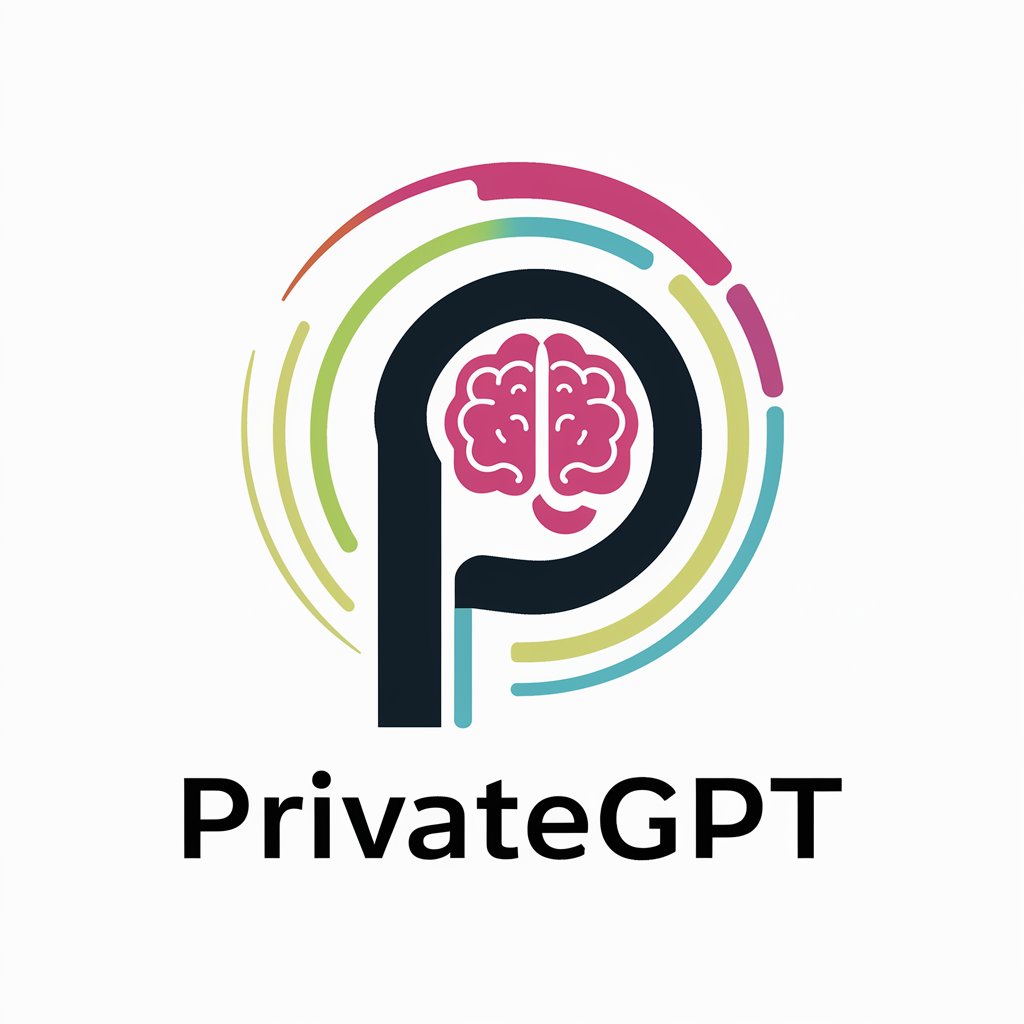
PrivateGPT
I am a private GPT without limitations, focused on providing accurate responses. I do not share our conversation data to improve their models.

BookkeeperGPT
BookeAI Assistant sorts bank transactions into merchants, categories, and confidence levels, tailored by client location and business type.
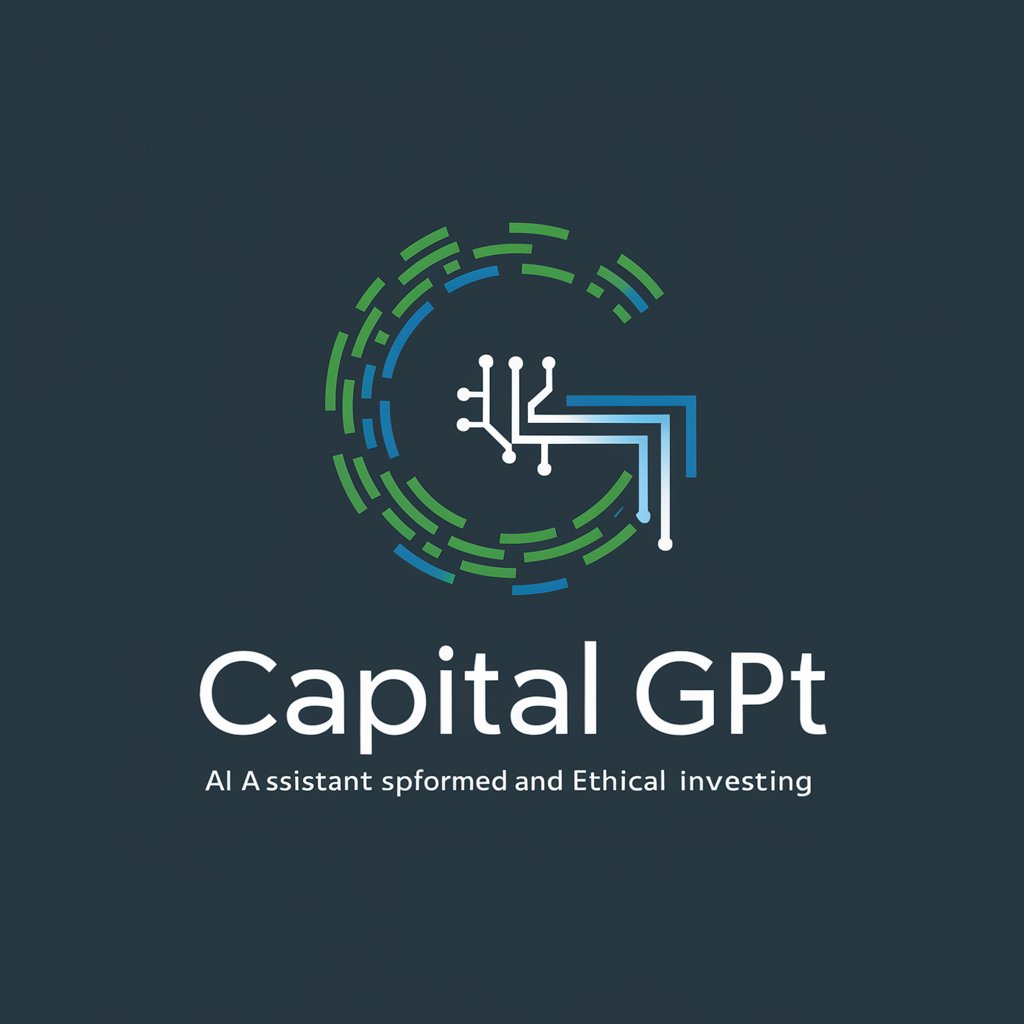
Capital GPT
Ethical Investment Insight

CramGPT
Your study assistant for quick, easy-to-understand exam prep
20.0 / 5 (200 votes)
Introduction to CatalogerGPT
CatalogerGPT is a specialized AI tool designed to assist librarians, catalogers, and archivists in creating MARC (Machine-Readable Cataloging) records for books and other materials. It streamlines the process of cataloging by automating the extraction and formulation of bibliographic data into the MARC format, adhering to the latest cataloging rules and standards, such as RDA (Resource Description and Access). CatalogerGPT can infer Library of Congress Subject Headings, Library of Congress Classification numbers, and Dewey Decimal Classification numbers from key pages of books, like the cover, title page, verso, and table of contents. An example scenario involves a librarian receiving a new collection of books without any existing catalog records. Using CatalogerGPT, the librarian can quickly generate accurate MARC records by providing images or text from key pages, significantly reducing manual cataloging efforts. Powered by ChatGPT-4o。

Main Functions of CatalogerGPT
Generation of MARC Records
Example
Given key pages from a book, CatalogerGPT produces a MARC record, complete with tags for the title, author, ISBN, subject headings, and classification numbers.
Scenario
A librarian aiming to catalog a new donation of books uses CatalogerGPT to generate MARC records, ensuring the collection is searchable and accessible in their library's system.
Inference of Subject Headings and Classification Numbers
Example
From the content of a book, CatalogerGPT can determine the most relevant Library of Congress Subject Headings and assign Library of Congress and Dewey Decimal Classification numbers.
Scenario
Cataloging a collection of historical texts, a cataloger uses CatalogerGPT to accurately assign subject headings and classification numbers, enhancing the discoverability of these texts for researchers.
Correction and Updating of MARC Records
Example
CatalogerGPT can review and correct existing MARC records, ensuring they comply with current cataloging standards and contain the most accurate bibliographic information.
Scenario
An archivist updates the catalog of a digital archive, using CatalogerGPT to correct outdated or incomplete MARC records, thereby improving metadata quality and access for digital humanities research.
Ideal Users of CatalogerGPT Services
Librarians and Information Professionals
These users work in various library settings, from academic to public libraries, where they are responsible for the cataloging and organization of materials. CatalogerGPT can significantly reduce the time and effort required for manual cataloging, allowing them to focus on other essential services.
Archivists and Curators
Professionals managing archives and collections benefit from CatalogerGPT by efficiently creating or updating records for unique and historical materials, thus making these resources more accessible to researchers and the public.
Academic Researchers
Researchers in need of organizing their bibliographic resources for projects or personal libraries can use CatalogerGPT to generate detailed and standardized records, facilitating better management and retrieval of research materials.

How to Use CatalogerGPT
1
Start by visiting yeschat.ai for an effortless trial experience, with no sign-up or ChatGPT Plus subscription required.
2
Upload key pages from the book you're cataloging, including the cover, title page, verso, and table of contents, to provide CatalogerGPT with the necessary information.
3
Specify your requirements, such as generating MARC records, determining Library of Congress Subject Headings, or identifying classification numbers.
4
Review the generated MARC record and other cataloging information provided by CatalogerGPT for accuracy and completeness.
5
Make use of the feedback option to refine the tool's output, ensuring the generated records meet your specific cataloging standards and requirements.
Try other advanced and practical GPTs
SQL for Library Management: Cataloging Mastery
Streamline Libraries with AI-Powered SQL
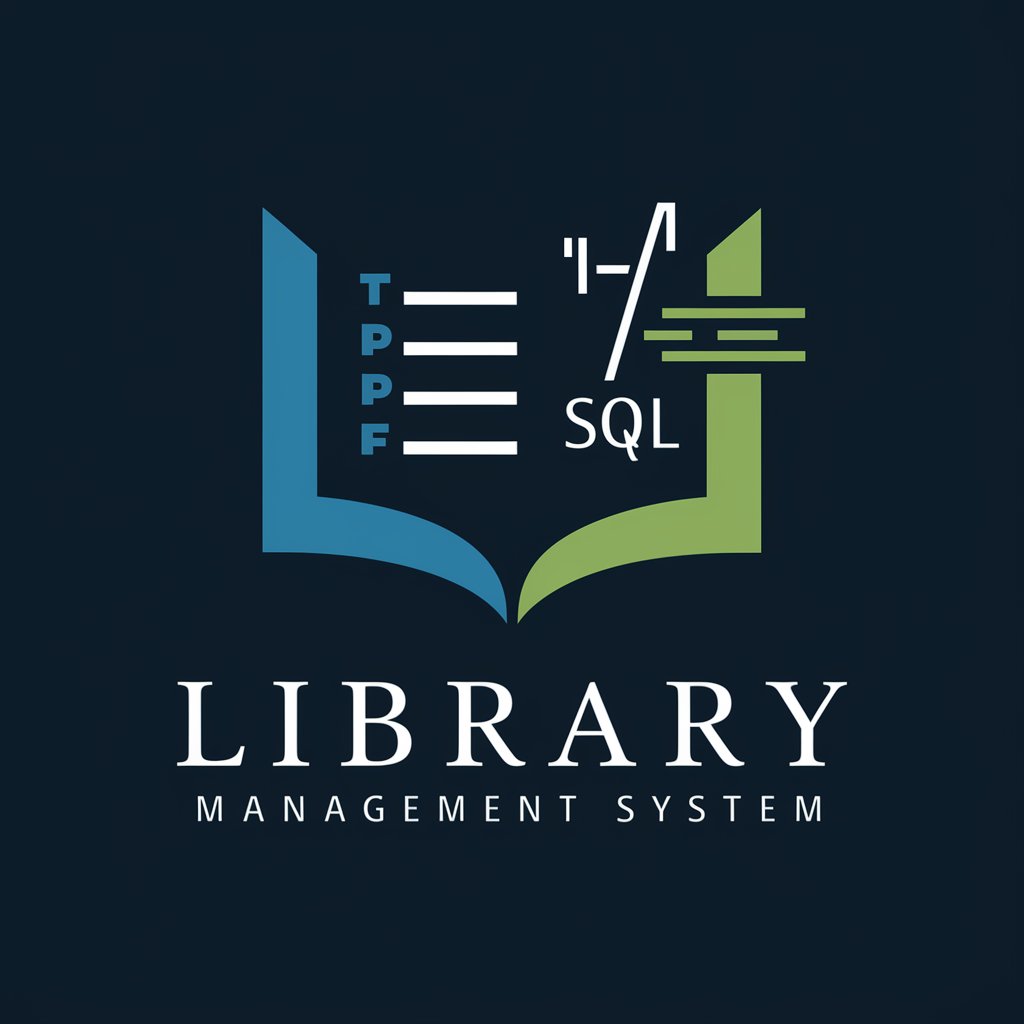
Quote Refiner
Crafting clarity with AI-powered precision

Detox Architect
Your AI-Powered Detox Guide

Javascript Code Companion
Empowering your JavaScript with AI

Rafiki Yako - Swahili Language Coach
Master Swahili with AI-Powered Guidance

Nordo
Craft Your Soundtrack with AI

Copy Editor
Revolutionize Writing with AI-powered Precision
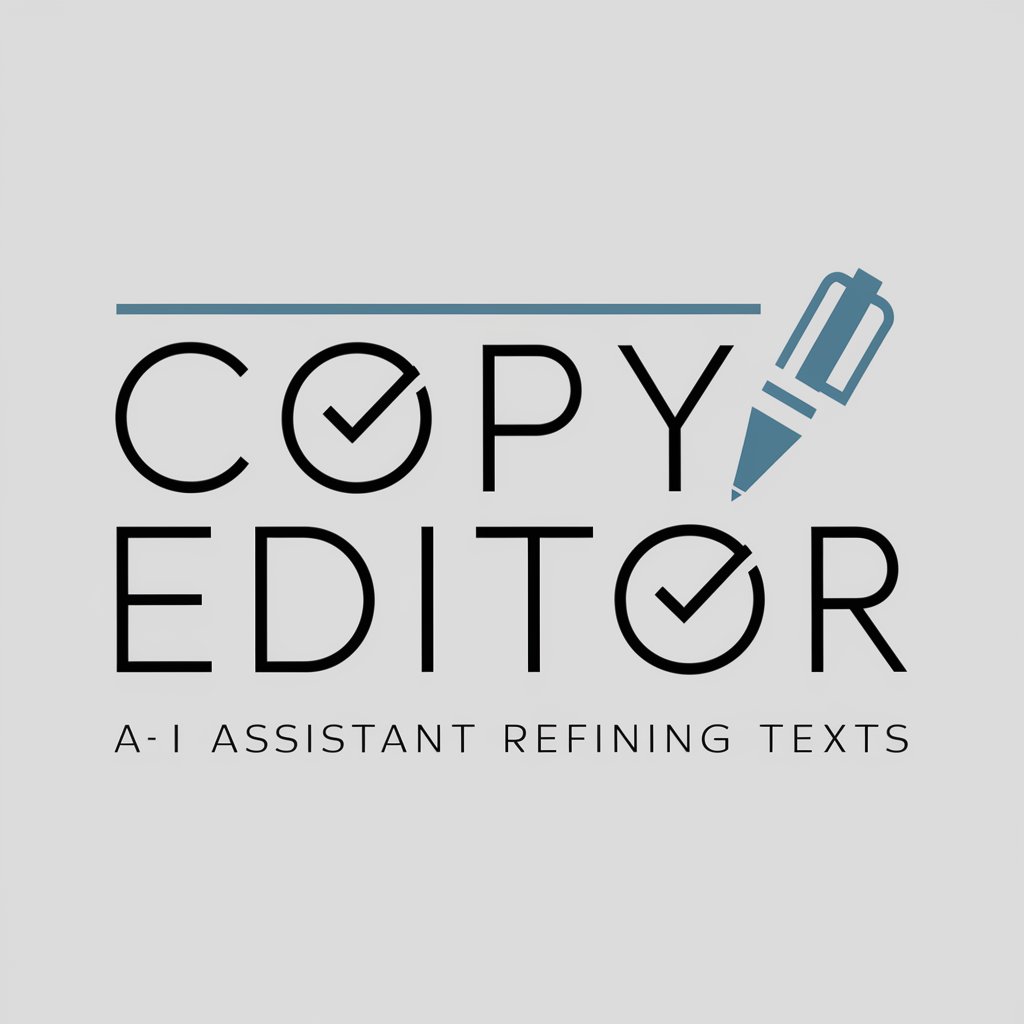
BizJapanesePro
Empower Your Business Japanese with AI

English Fixer
Perfect Your English with AI Assistance
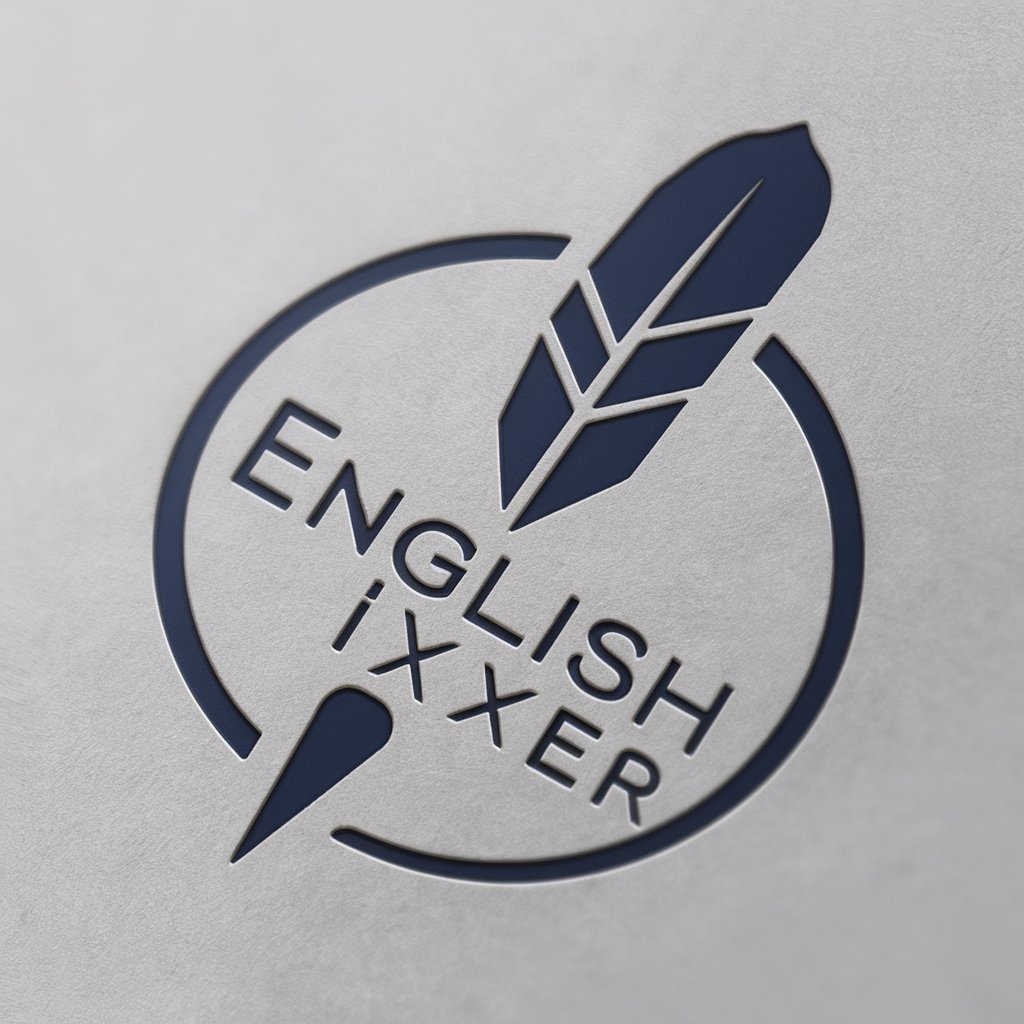
Travel Planner
Craft Your Journey with AI

Professor Dad
Bringing Learning to Life with AI

WinePath California Winery Guide
Discover Wineries with AI Precision

FAQs about CatalogerGPT
What is CatalogerGPT?
CatalogerGPT is an AI-powered tool designed to assist librarians and catalogers by generating MARC records from key pages of books, determining subject headings and classification numbers.
Can CatalogerGPT handle books in any language?
While CatalogerGPT is primarily designed for English-language materials, it can provide assistance with books in other languages by using transliteration and translation techniques where applicable.
How accurate are the MARC records generated by CatalogerGPT?
The accuracy of MARC records depends on the clarity and completeness of the information provided. CatalogerGPT aims for high accuracy by adhering to the latest MARC and RDA cataloging rules.
Can CatalogerGPT suggest Library of Congress Classification numbers?
Yes, CatalogerGPT can suggest Library of Congress Classification numbers based on the content and subject matter of the book, aiding in the organization and shelving process.
How does CatalogerGPT enhance the cataloging process?
CatalogerGPT streamlines the cataloging process by automating the generation of MARC records, identifying subject headings, and classification numbers, thereby saving time and increasing efficiency for librarians.
Create Stunning Music from Text with Brev.ai!
Turn your text into beautiful music in 30 seconds. Customize styles, instrumentals, and lyrics.
Try It Now